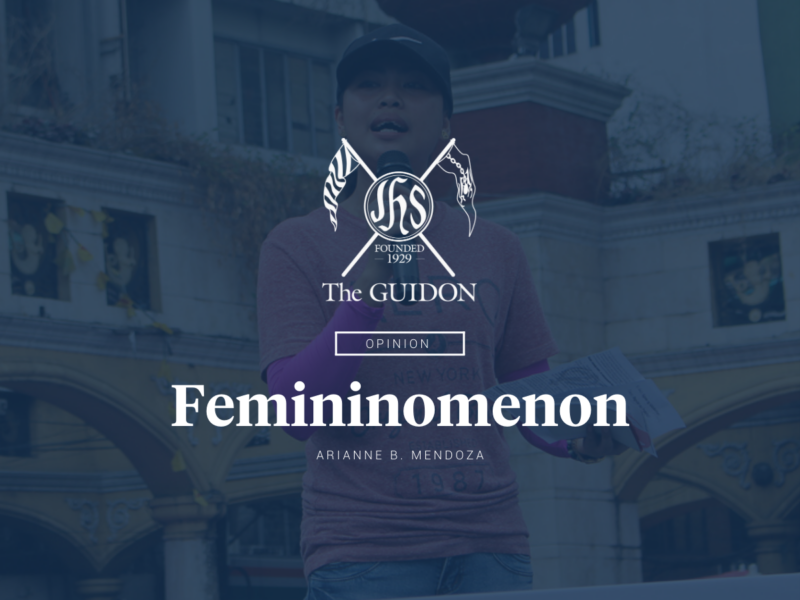FOR THE younger me, studying in a Catholic all-girls school for more than a decade stood as an acceptable reason to not acknowledge the fact that my sexuality was unconventional. The idea that it may be just a phase led me to believe that I didn’t have to tell people who or what I am. After all, I thought that there was always the chance I would eventually return to the default—that is, wanting the opposite sex.
I felt like I didn’t have to conform to anything. This is why as early as fifth grade, I started dressing and appearing masculine. I started investing in hobbies that were thought of as masculine. I had shameless crushes on my cute classmates. Not putting a label on my sexuality then gave me the freedom to fully express myself in any way I wanted to. However, once I matured, I realized that not explicitly telling people I was gay was just a sign of me being in denial.
I didn’t tell people I was gay because I had this inner feeling of obligation to return to being straight. Other than that, I definitely didn’t want to give other people the power to label me, put me in a certain box, and dictate whom I can like or not like. I struggled with the thought that I would have to tell every person in my life about my sexuality because then, I would have to emotionally and mentally prepare myself each time for their reaction. I already told my parents about it. Even though I had a good “coming out” experience compared to others, it still took a lot of sleepless nights and overthinking before taking that ultimate leap of faith.
Now that I’ve truly accepted that I’ll never be the “default” society expects of me, I’ve realized that I don’t have to come out to everyone. I don’t have to prove that I have no problem with showing who I am. Instead of taking on that tough task—and the repetitive, demanding feeling of needing to come out—I would rather let people in.
The mindset of having to make these grand announcements about my sexuality initially felt obligating and pressuring. Now, I would rather embrace the opportunity to choose who enters my life and who gets to know the part of me that I’ve been delicate with for a long time.
Once I realized this new perspective, I continued to confidently express myself. Only this time, the big difference was I didn’t have the lingering thought of explaining. Instead, I opened up to the people I trusted, the people whom I deemed worthy to really know me. Then, I certainly enjoyed the intimate connections and getting-to-knows that went beyond the normative labels and standards.
The frustrating need for me to constantly validate myself and my confidence eventually disappeared. In its place, there emerged a new need for me to be surrounded by people who love and accept me. The beautiful thing about letting the right people in was that soon, I realized their support and comfort led me to more love and acceptance for who I am.
Don’t get me wrong—other members of the LGBTQ+ community might feel more comfortable with the notion of coming out. I don’t disagree with them on that. Everyone has the freedom to come to terms with their sexuality in their own unique way; the only thing that matters is that they feel empowered to act on their own volition.
If my younger self could only see how much I’ve grown, she would see that letting people in also means letting herself in.
You are allowed to take the time to discover who you are and the kind of people you want to be surrounded with. It’s a long and arduous process but it’s nothing short of fulfilling—because now, you feel more open and welcoming of yourself than ever.







